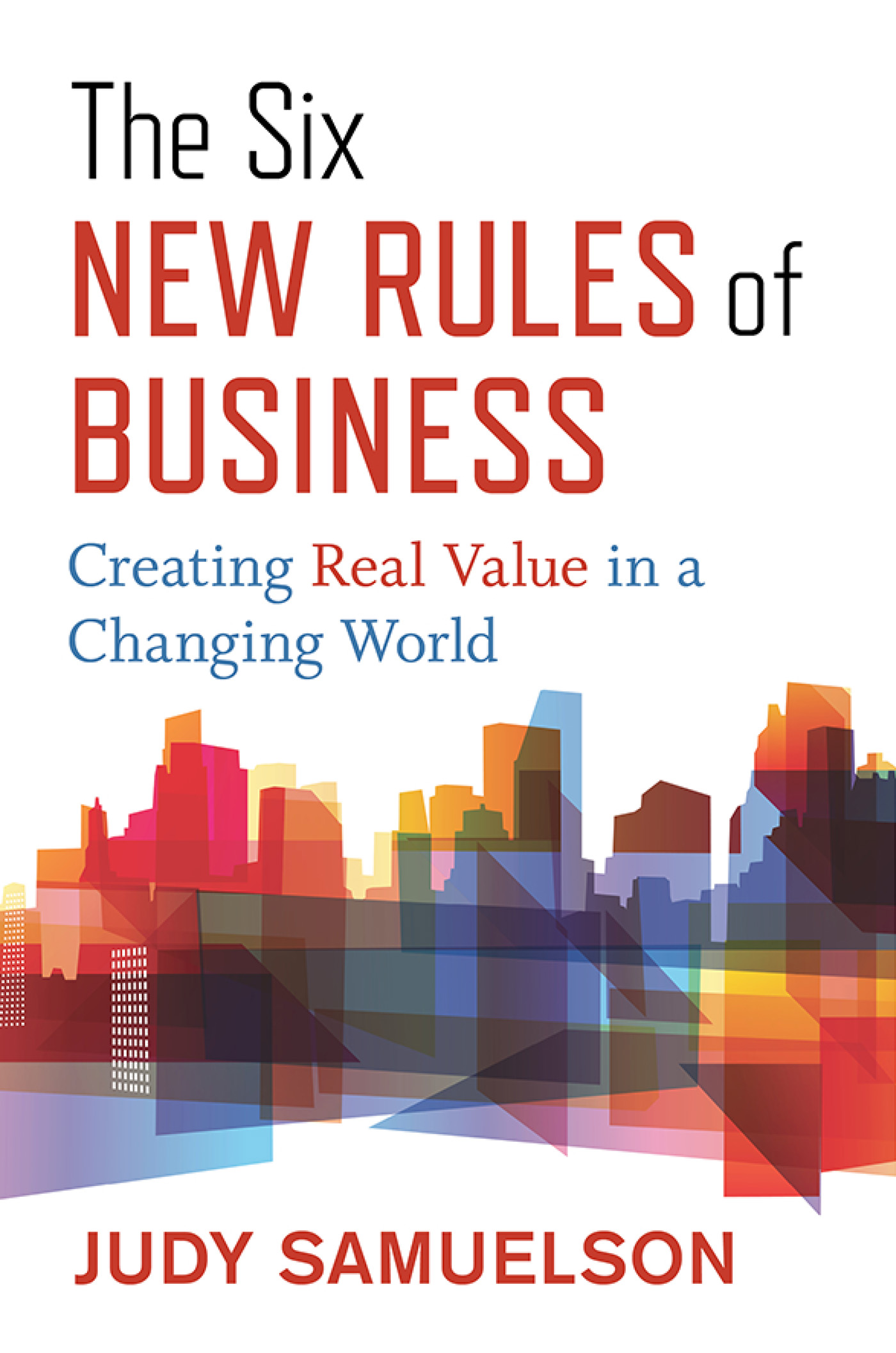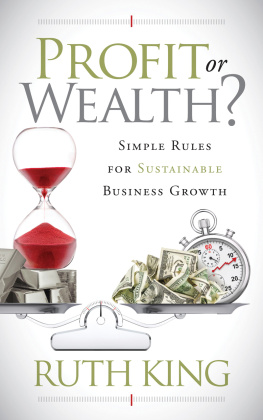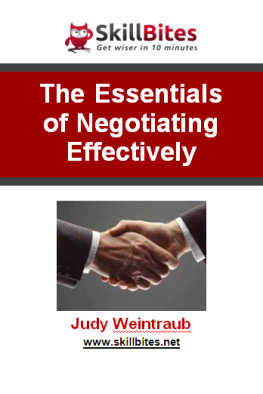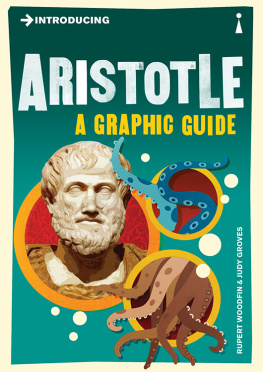Judy Samuelson - The Six New Rules of Business
Here you can read online Judy Samuelson - The Six New Rules of Business full text of the book (entire story) in english for free. Download pdf and epub, get meaning, cover and reviews about this ebook. year: 2021, publisher: Berrett-Koehler Publishers, genre: Business. Description of the work, (preface) as well as reviews are available. Best literature library LitArk.com created for fans of good reading and offers a wide selection of genres:
Romance novel
Science fiction
Adventure
Detective
Science
History
Home and family
Prose
Art
Politics
Computer
Non-fiction
Religion
Business
Children
Humor
Choose a favorite category and find really read worthwhile books. Enjoy immersion in the world of imagination, feel the emotions of the characters or learn something new for yourself, make an fascinating discovery.

- Book:The Six New Rules of Business
- Author:
- Publisher:Berrett-Koehler Publishers
- Genre:
- Year:2021
- Rating:3 / 5
- Favourites:Add to favourites
- Your mark:
- 60
- 1
- 2
- 3
- 4
- 5
The Six New Rules of Business: summary, description and annotation
We offer to read an annotation, description, summary or preface (depends on what the author of the book "The Six New Rules of Business" wrote himself). If you haven't found the necessary information about the book — write in the comments, we will try to find it.
The Six New Rules of Business — read online for free the complete book (whole text) full work
Below is the text of the book, divided by pages. System saving the place of the last page read, allows you to conveniently read the book "The Six New Rules of Business" online for free, without having to search again every time where you left off. Put a bookmark, and you can go to the page where you finished reading at any time.
Font size:
Interval:
Bookmark:

THE SIX NEW RULES OF BUSINESS

The Six New Rules of Business
Copyright 2021 by Judy Samuelson
All rights reserved. No part of this publication may be reproduced, distributed, or transmitted in any form or by any means, including photocopying, recording, or other electronic or mechanical methods, without the prior written permission of the publisher, except in the case of brief quotations embodied in critical reviews and certain other noncommercial uses permitted by copyright law. For permission requests, write to the publisher, addressed Attention: Permissions Coordinator, at the address below.
| Berrett-Koehler Publishers, Inc. |
Ordering information for print editions
Quantity sales. Special discounts are available on quantity purchases by corporations, associations, and others. For details, contact the Special Sales Department at the Berrett-Koehler address above.
Individual sales. Berrett-Koehler publications are available through most bookstores. They can also be ordered directly from Berrett-Koehler: Tel: (800) 929-2929; Fax: (802) 864-7626; www.bkconnection.com
Orders for college textbook/course adoption use. Please contact Berrett-Koehler: Tel: (800) 929-2929; Fax: (802) 864-7626.
Distributed to the U.S. trade and internationally by Penguin Random House Publisher Services.
Berrett-Koehler and the BK logo are registered trademarks of Berrett-Koehler Publishers, Inc.
First Edition
Hardcover print edition ISBN 978-1-5230-8996-3
PDF e-book ISBN 978-1-5230-8997-0
IDPF e-book ISBN 978-1-5230-8998-7
Digital audio ISBN 978-1-5230-8999-4
2020-1
Book production: Linda Jupiter Productions; Text design: Kim Scott, Bumpy Design; Cover design: Nola Burger; Edit: Elissa Rabellino; Proofread: Mary Kanable; Index: Paula C. Durbin-Westby
To Lynn Stout (19572018)whose scholarship and teaching about corporate governance and fiduciary duty opened our minds about corporate purposeand to the many scholars and advocates she mentored who will go the next mile.
The future is already hereit is just not very evenly distributed.
WILLIAM GIBSON
None of the major problems confronting the globe today sustainability, health care, poverty, financial-system repair can be solved unless business plays a significant role.
NITIN NOHRIA, DEAN, HARVARD BUSINESS SCHOOL
IT WAS DURING MY TIME at the Ford Foundation that I began to think concretely about corporations and the role and influence of the private sector.
In 1995, at a meeting of the foundations trustees, I was asked a question for which I didnt have an answer: Why doesnt anyone at the Ford Foundation talk about business? The capacities and resources of the companies led by some of the foundations trustees dwarfed our own: Cummins Engine, Levi Strauss, Reuters, Tata, Xerox. Could we better enlist business in our work?
It was a nose-under-the-tent moment from which Ive never pulled back.
My colleagues and I began to study businesses that had followed a path or had a track record that connected with the foundations mission of economic development. The business leaders we took note of in 1995 were influenced by myriad forcesfrom the personal to the political. Something had caused each of them to embrace the social impacts of their business model. They saw business opportunity in unusual places. A catalytic event or regulation or strong vision or moral code enabled a kind of business and society thinking that aligned a part of their operations or capital with the health of the commons.
At Levi Strauss, the founding familys values supported long-term investment in the communities where it manufactured jeans. Bank of America was brought to the table by the Community Reinvestment Act, a law passed in 1977 that required banks to reinvest in communities where they sourced deposits; community bankers began to understand the mechanics and strategy behind targeted lending to support the real economic potential of the inner city. An aggressive NGO-led campaign forced Nike to scrub its supply chain of sweatshop labor practices, which in turn inspired the company to go the extra mile and raise the bar on its industry and competitors. Texas Instruments found competitive advantage in a racially diverse workforce that mirrored the demographics of its stateand its future customers.
In each case, the mindset or personal engagement of the chief executive was instrumental in aligning the culture with creation of real business value. By moral code or necessity, or both, they were able to overcome, or interpret differently, the single objective function of profit maximization to consider both long-term risk and opportunity.
It was as if these leaders were playing the game by a different set of rules.
Today the pace of change in business is dizzying. It exposes reputational fault lines for companies that stick with the old rules. Dynamic forcesfrom Internet-powered transparency to profound changes in the role of capital to the complexity of global exchange of goods and servicesconspire to clarify the new rules of value creation and put the old rules to rest.
Business is the most influential institution of our day. We need businesss talent, investment, problem-solving skills, and global reach to make progress on intractable problems from climate change to inequality to equipping workers for a new age of work. This lens on business does not override the need for government regulation and public investment. Indeed, business is a powerful influencer of public policy as well. To what ends is business using its voice?
In 2018, Larry Fink, founder and chief executive of BlackRock, the worlds largest asset management company, called for CEOs to consider the public purpose of their enterprises. He was echoing decades of work by scholars and advocates, posing a near-timeless question: Why do we grant corporations the license to operate? Finks consistent message demonstrates just how much the rules of the game have changed in the last decadeand especially since economist Milton Friedman proclaimed profit seeking and returns to shareholders the organizing principle of the corporation.
Friedman has a long shadow. He and his acolytes were so successful in their quest to reorient managers that by the early 2000s, over 90 percent of earnings for the public companies in the S&P 500 were redistributed to owners of stock in the form of share buybacks and dividends rather than invested in expansion or awarded to the employees who bore real risk of business failure. Short-term noise in the markets and simplistic financial models ensured that a range of critical business issues that were threats to social stability and the biosphere stayed confined to the ethics classroom. Our vision of business is crowded with stories of greed laced with short-term thinking, from Wells Fargo to Purdue Pharma, VW to Boeing.
Yet, as we step into the ecosystem of business today, we experience profound change in attitudes and a new kind of business vision. The new rules are utilized both by employees driving change within and by sophisticated NGOs that target global brands vulnerable to extended supply chains. The rules are also making headway in boardrooms animated by self-interesteven self-preservationfrom the war for talent to the quest for a reliable supply chain to the reality of a changing climate.
Font size:
Interval:
Bookmark:
Similar books «The Six New Rules of Business»
Look at similar books to The Six New Rules of Business. We have selected literature similar in name and meaning in the hope of providing readers with more options to find new, interesting, not yet read works.
Discussion, reviews of the book The Six New Rules of Business and just readers' own opinions. Leave your comments, write what you think about the work, its meaning or the main characters. Specify what exactly you liked and what you didn't like, and why you think so.









